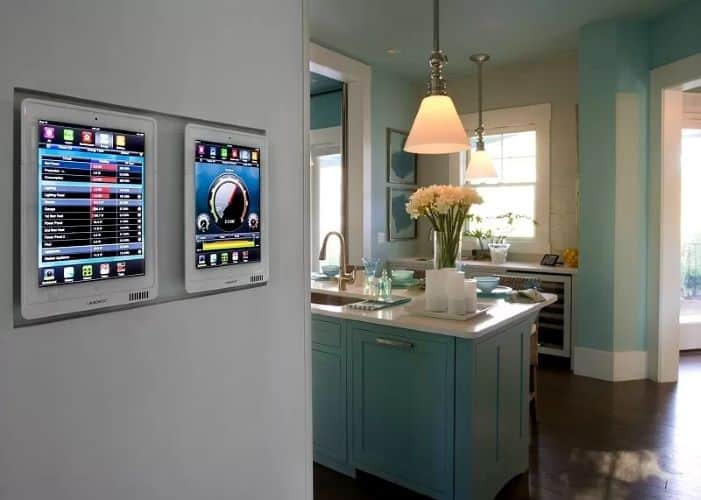Apple Set To Revolutionize Smart Home Market With FaceID-Integrated Doorbell

In a move that could potentially disrupt the smart home industry, tech giant Apple is reportedly developing a smart doorbell that incorporates its advanced FaceID technology. The new device aims to enhance home security and convenience by allowing users to unlock their doors with facial recognition, similar to how they would unlock their iPhones.
According to recent reports in Bloomberg's "Power On" newsletter, Apple's ambitious plans for the smart doorbell were revealed by tech journalist Mark Gurman. The doorbell is expected to feature advanced facial recognition capabilities and wirelessly connect to a deadbolt lock, operating on the HomeKit protocol.
The strategic move positions Apple as a serious contender in the smart home arena, marking its first proprietary smart home offering to enter the market dominated by competitors like Amazon's Ring and Google Nest. While the product is not expected to launch until late next year, there is speculation that Apple may partner with established brands like Logitech or Belkin for distribution.
Apple's entry into the smart home market is seen as a significant step forward, with potential partnerships with third-party manufacturers set to enhance the functionality of its devices. The company's focus on user security and innovation will likely provide consumers with integrated solutions that seamlessly integrate with their existing smart home technologies.
As Apple continues to expand its ecosystem with new smart home products, it remains to be seen how the market responds to the tech giant's involvement. However, one thing is certain - Apple's commitment to innovation and user security will likely shape the future of smart home technology.
In addition to the smart doorbell, Apple is reportedly working on other smart home products, including a smart hub powered by artificial intelligence (AI), upgrades to its existing devices like the Apple TV and HomePod mini, and an in-home security camera that works in conjunction with the smart hub. With these developments, Apple is poised to compete with established players in the market.
The potential impact of Apple's entry into the smart home industry will be significant, offering consumers more choices and improved security options. As the smart home market continues to grow, only time will tell how effectively Apple will integrate its technology and create a seamless user experience.
Stay tuned for further updates on this developing story as it unfolds.
Follow us on Twitter, Instagram, Facebook, & LinkedIn for the latest news and updates.
